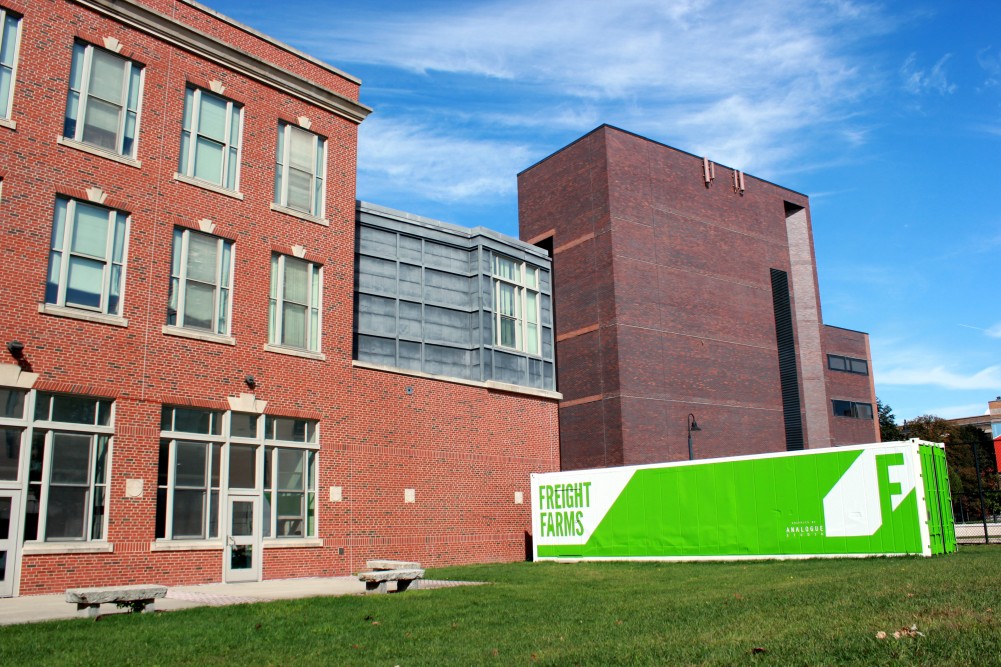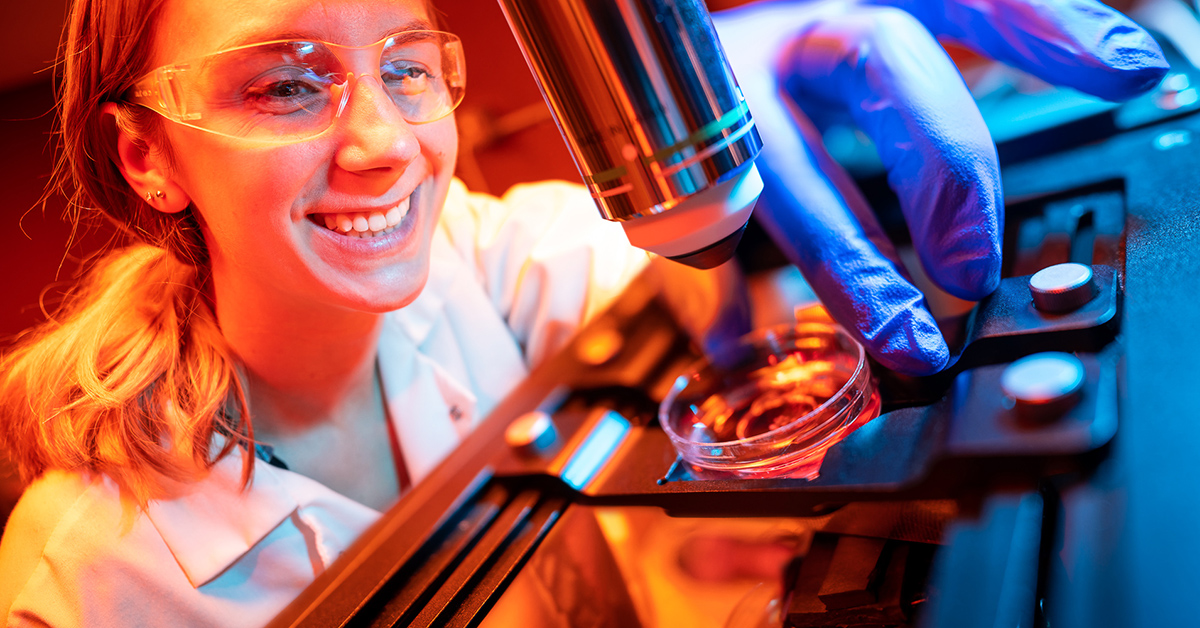Anyone Can Grow Food Anywhere, Anytime
Limits and problems of huge agribusiness have become self-evident: mass-produced and cosmetically altered fruit, and vegetables that are tasteless and colorless, often transported by plane, ship, train and truck from thousands of miles away, polluting air and water and throwing local people out of work.
Small farming schools are sprouting up around the United States to teach would be farmers the business of running a farm. Shunning the corporate world and indoor work in cubicles staring at computer screens, some young people are considering farming as a profession. They may not get rich in the process, but they are happy with the lifestyle of working outside and providing fresh local food where it hasn’t been available in decades.
Government Now Supporting Local Agriculture
In New England, a statewide program helps farmers lease land at affordable rates and produce is sold in local farmer’s markets and in Community Supported Agriculture (CSA) programs in which nearby residents, especially from cities like Boston, contract to buy produce, meat and eggs weekly or monthly providing small farms with a regular source of income and a modicum of stability.
While the wave of people learning agriculture to go back to the farm may be rising, recent technology advances are now making it possible for anyone to be a farmer, no degree in horticulture required.
Upcycling Shipping Containers to Allow Farming Anywhere, Anytime
A company called Freight Farms from Wooster, Massachusetts, founded by Brad McNamara and Jon Friedman, started with a Kickstarter campaign in 2011 and raised $30,000 to build prototype shipping container farms. Since then, the company has received an award from the Mass Technology Leadership Council (MassTLC) and attracted more investments totally more than $1.5 million.
Scalable, Modular & Stackable Farming Platform
Freight Farms hydroponically produces leafy greens, vine crops, herbs and mushrooms in a climate controlled and insulated container. Just one 40 foot container produces 400 heads of fresh lettuce per week. Because the system produces food year-round food distributors, wholesalers, restaurants, grocery stores and fast food chains who need a constant supply of food are starting to understand the cost savings provided by Freight Farm’s hydroponic systems.
Freight Farms’ design incorporates recycled materials, hydroponics and a digital networking and communications system, complete with iPhone app, as well as modular, expandable and portable modified shipping containers to quickly and easily grow food and expand production quickly. The iPhone app provides new Freight Farm farmers with tips, tricks and growing formulas with a growing community of owners asking and answering questions.
Capitalizing on the Global Cold Container Supply Chain
Ironically, Freight Farm uses the same insulated cold storage containers that were built by the million worldwide and now are available for less than $10,000 each.
The units operate on standard electric outlets, can be placed confined areas, use efficient LED lights that consume minimal electricity, and cost about $2,600 a year to power. Units are now being used in parking lots, vacant lots, on roof tops, parking garages, you name it.
One of Freight Farms first customers was the Grappone Conference Center in Concord, Massachusetts. Owner Steve Duprey received delivery of his container in the fall of 2013 as most traditional farmers were winding down operations for the winner.
Finally, the Boston Latin School has a Freight Farm in the back of its building and uses produce from it to feed freshly harvest produce to hungry students during the school year.
The following videos shows and explains the inside of a Freight Farm:
Related articles on IndustryTap:
- Vertical Farming Factories Delivering Eco-Produce
- 50 Do-It-Yourself Open Source & Sustainable Industrial & Farming Machines
- New Urban Farming Technology Grows Gardens and Communities around the World
References and related content:







